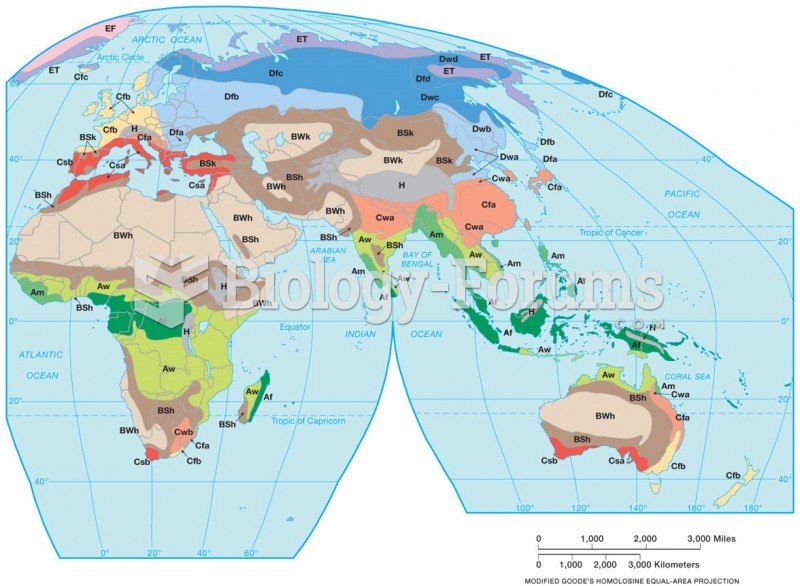Answer to Question 1
a. Under totalitarianism, the state attempts to regulate most aspects of public and private behavior. A totalitarian government seeks to control not only all economic and political matters but the attitudes, values, and beliefs of its citizenry. Usually there is a state party, led by a dictator, such as Kim Jong-un in North Korea. Party membership is mandatory for those seeking to advance within the social and economic hierarchy. Power is maintained by means of secret police, propaganda disseminated through state-controlled mass media, regulation of free discussion and criticism, and the use of terror tactics.
b. Socialism's fundamental tenet is that capital and wealth should be vested in the state and used primarily as a means of production rather than for profit. It is based on a collectivist ideology in which the collective welfare of people is believed to outweigh the welfare of the individual. Socialists argue that capitalists earn a disproportionate amount of society's wealth relative to workers. They believe that because the pay of workers does not reflect the full value of their labor, government should control the basic means of production, distribution, and commercial activity. Socialism has manifested itself in much of the world as social democracy and has been most successful in Western Europe. It has played a major role in the political systems of large countries such as Brazil and India, and today remains a viable system in much of the world. In social democratic regimes, such as Italy and Norway, government does intervene in the private sector and business activities.
c. Democracy has become the prevailing political system in much of the advanced economies, such as the United States and Japan. Democracy is characterized by two key features: private property rights and limited government. Private property rights means that an individual is able to own property and assets, and to increase one's asset base by accumulating private wealth. Property includes tangibles such as land and buildings, as well as intangibles such as stocks, contracts, patent rights, and intellectual assets. Limited government means that the government performs only essential functions that serve all citizens, such as national defense, maintaining law and order, diplomatic relations, and the construction of infrastructure such as roads, schools, and public works. State control and interference in the economic activities of private individuals or firms is minimal.
Answer to Question 2
TRUE







